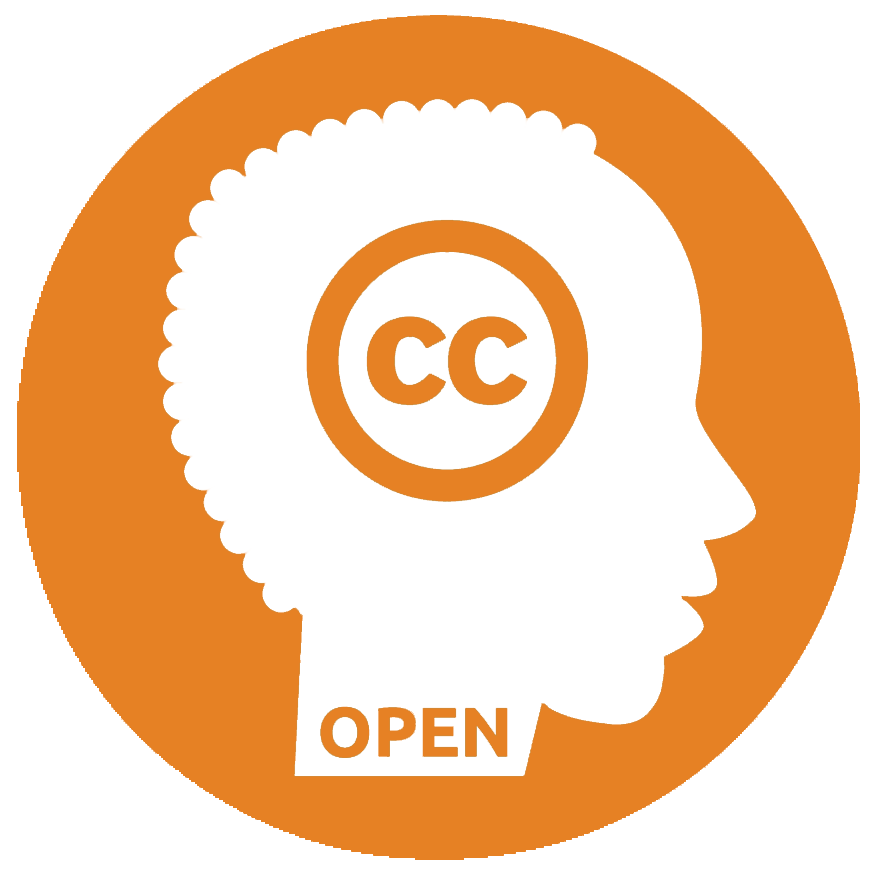Your search
Results 7 resources
-
Previous empirical studies on the effect of scaffolding in game-based learning environments have shown inconsistent findings. In this study, we conducted a meta-analysis to examine the effect of scaffolding in digital game-based learning (DGBL) and to explore a range of moderating factors that may have contributed to the inconsistencies of primary studies. We used the three-level meta-analysis method to analyze the data for handling data non-dependency issues of multiple effect sizes in one...
-
This research aims to investigate the effect of computer-based teaching (CBT) on students’ academic success. The research used a meta-analytic method to reach a general conclusion by statistically calculating the results of a number of independent studies. In total, 78 studies (62 master’s theses, 4 PhD theses, and 12 articles) concerning this issue were researched based on the literature review of the articles and theses which involved pre-test and post-test control groups and were...
-
In this meta-analysis, we systematically reviewed research on digital games and learning for K–16 students. We synthesized comparisons of game versus nongame conditions (i.e., media comparisons) and comparisons of augmented games versus standard game designs (i.e., value-added comparisons). We used random-effects meta-regression models with robust variance estimates to summarize overall effects and explore potential moderator effects. Results from media comparisons indicated that digital...
-
In this meta-analysis, we investigated the effects of methods for providing item-based feedback in a computer-based environment on students’ learning outcomes. From 40 studies, 70 effect sizes were computed, which ranged from −0.78 to 2.29. A mixed model was used for the data analysis. The results show that elaborated feedback (EF; e.g., providing an explanation) produced larger effect sizes (0.49) than feedback regarding the correctness of the answer (KR; 0.05) or providing the correct...
-
The purpose of this meta-analysis is to examine overall effect as well as the impact of selected instructional design principles in the context of virtual reality technology-based instruction (i.e. games, simulation, virtual worlds) in K-12 or higher education settings. A total of 13 studies (N ¼ 3081) in the category of games, 29 studies (N ¼ 2553) in the category of games, and 27 studies (N ¼ 2798) in the category of virtual worlds were meta-analyzed. The key inclusion criteria were that...
-
This paper examines the literature on computer games and serious games in regard to the potential positive impacts of gaming on users aged 14 years or above, especially with respect to learning, skill enhancement and engagement. Search terms identified 129 papers reporting empirical evidence about the impacts and outcomes of computer games and serious games with respect to learning and engagement and a multidimensional approach to categorizing games was developed. The findings revealed that...
Explore
Outcome measure
- Behaviour (1)
- Learning (7)
- Motivation (1)
Instructional domain (subject)
- Languages (1)
- Mathematics (2)
- Multiple
- Science (2)
Education Level and Type
- High school 16-18 (1)
- K-12 (5)
- Primary 7-10 (1)
- Secondary 11-16 (2)
- Tertiary (4)
Groups of students
- _No mention (2)
- At-risk (1)
- Low socio-economic status (1)
School or home
- _No mention (1)
- Home (1)
- Mixture (1)
- School (4)
Moderating variables
- Assessments (2)
- Design-type/ testing instruments (1)
- Feedback (1)
- Grade/education level (3)
- Length of time (6)
- Novelty Effect (1)
- Peer involvement/group learning (2)
- Student characteristics (2)
- Subject (4)
- Teacher involvement (2)
- Teacher professional development (1)
- Tech structure (2)
- Type of instruction methods (student/teacher centered) (1)
- Type of knowledge or task (exposing, procedural, active, etc (3)
Tech Hardware
- Computer
- Internet (1)
- Laptops (1)
- Mobile/Smartphone (1)
- Multimedia (1 or more) (3)
Tech Software
- Computer-Based Teaching (CBT) (3)
- Game learning (4)
- Serious games (1)
- Simulations (2)
- Virtual Reality (3)
Tech mechanism
Learning Approach
- _No mention (1)
- Classroom learning (4)
- Remote learning (1)
Teacher Pedagogy
- _No mention (1)
- Collaboration (3)
- Feedback (1)
- Game-based learning (2)
- Group learning (1)
- Individualised (1)
- Project-based learning (1)
- Scaffolding (1)
Research methods
Effect size/ heterogeneity
HIC/LMIC
- HIC (high income) (2)
- Mixture or unknown (5)
Quality of research
- High: 6+ (5)
- Medium: 4 or above (2)

